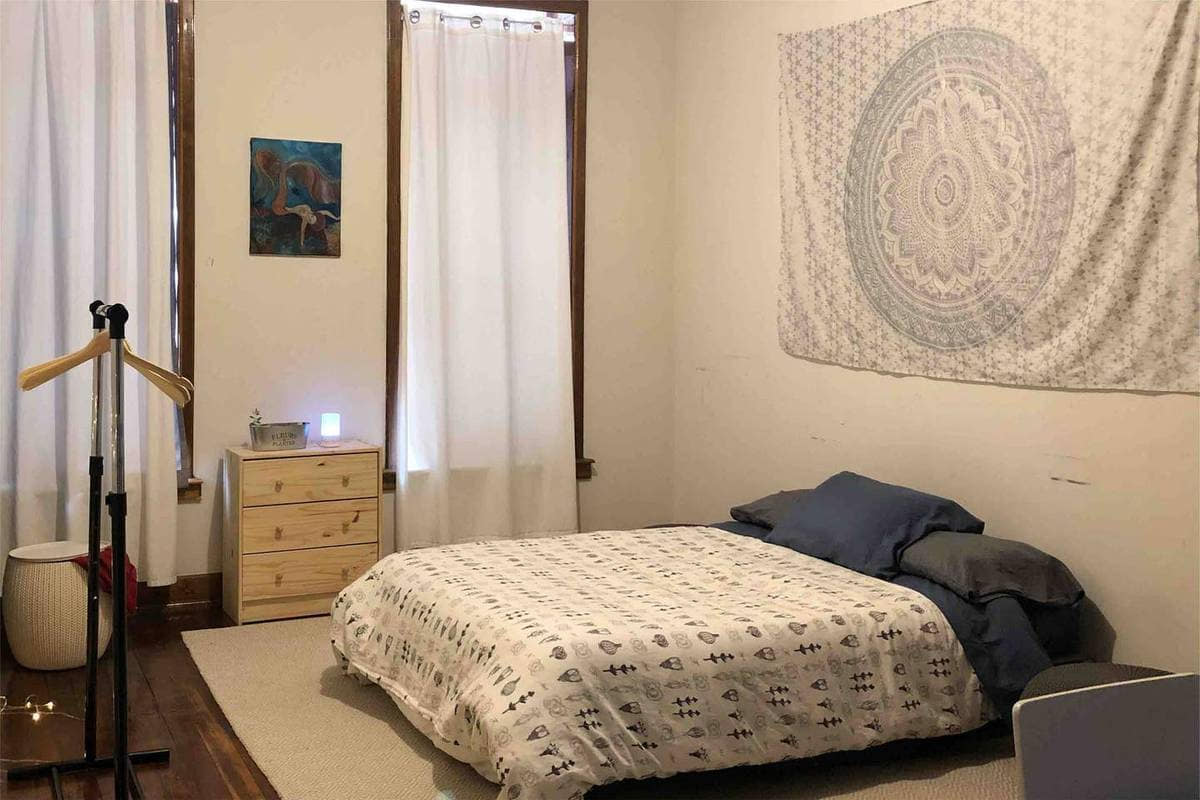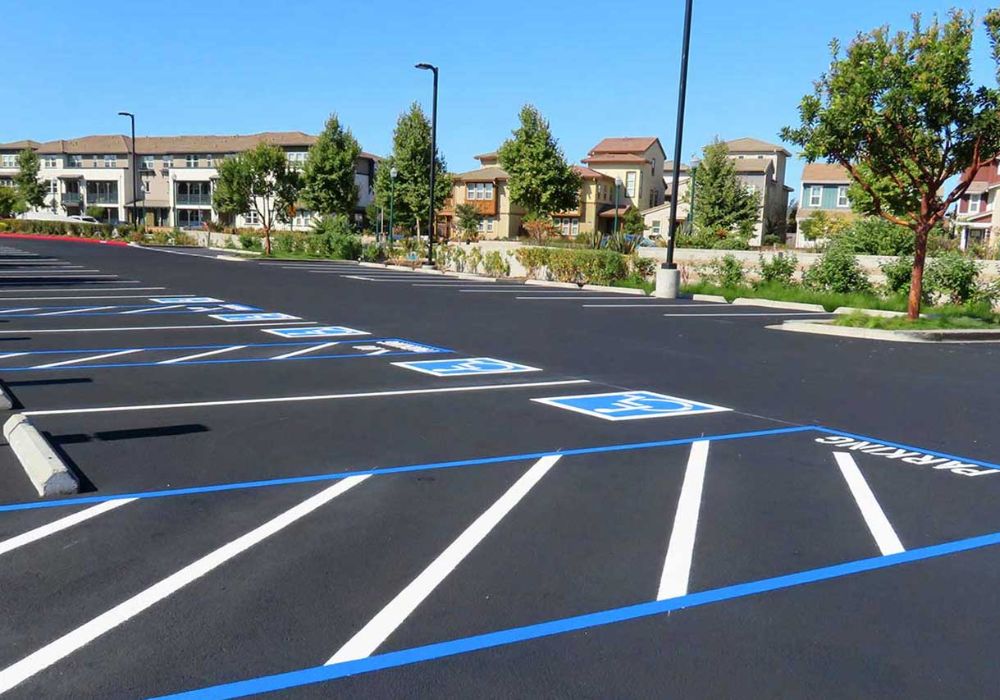Owning multiple investment properties can be a smart way to generate rental income and boost your real estate portfolio. However, some cities and homeowners associations have rules about how many apartments you can own under your own name. In this article, we will explore the legalities around having multiple apartments in your name and discuss best practices for property managers.
How many apartments can you have in your name?
Most landlords and properties do not put a limit on the number of units one person can rent simultaneously. As long as all lease terms are honored like timely rent payment, lease rules are followed, and the individual can qualify financially for each unit, it is legal and allowed for an individual to rent multiple apartments at once.
The exact number often comes down to affordability and practicality for the individual's needs and circumstances rather than any set legal limit.
When is having multiple apartments right for you?

Some scenarios when renting multiple units make sense include having one apartment near work and one by family, temporarily overlapping leases during a relocation move, or having additional space for visiting children or long-term houseguests. Business travelers who are often on the road may find renting a secondary local apartment more economical than hotels.
Students attending school away from home may rent over breaks and rent locally otherwise. As long as financially feasible, multiple units can provide flexibility to accommodate different lifestyle needs.
Is it legal to have multiple apartment leases in your name?
Having more than one lease signed under an individual is legal in most jurisdictions. However, landlords may do more thorough screening for additional units. Credit scores and background checks are especially important, and a history of late or missed rents would make acquiring multiple leases more difficult.
Income requirements may also be higher when qualifying for multiple properties. Government-assisted housing programs typically have strict income limits that would conflict with high-earning multiple unit rentals as well. But in general private market rentals permit multiple leases.
Can I sign a new lease if I previously co-signed for another?
Co-signing for a friend or family member's lease is a common way to help others rent an apartment if they do not qualify independently. Provided credit and background screening stay in good standing, most landlords do not prohibit also signing full leases individually.
It is still recommended to proceed carefully when co-signing, as you are legally and financially responsible for the unit. But many co-signers are still able to take on leases separately in their own names afterward.
Steps to take before signing a second (or third) lease
Prior to applying for multiple units, tenants should budget thoroughly to ensure affordability of total rents, fees, and ongoing utility and other costs. Gather required application materials like pay stubs, ID, and references upfront. Inform landlords upfront about intent to rent multiply units to avoid surprises.
Make moving and furnishing multiple units part of cost and schedule planning. Communication is important for landlords to understand multiple unit rentals do not indicate irresponsibility if managed properly.
Can you negotiate terms when renting multiple units?
Renting from the same landlord or management company presents opportunities for lease negotiation when taking on multiple units. Consider proposing incentives like longer lease terms, prepayment discounts, or waived fees in exchange for being a multi-unit tenant. Landlords may be receptive to retaining a tenant they know is reliable across several properties.
While concessions are not guaranteed, asking respectfully does not hurt and could result in optimized terms helping offset costs of renting multiple apartments.
Conclusion
While every individual situation varies, renting two or more apartments simultaneously from both legal and practical standpoints is reasonable if income supports related costs. Communicating proactively with landlords and paying rent on time for all units signed demonstrates responsible management of multiple leases. Additional units provide flexibility which maintains a positive tenant experience for all involved when handled properly. Overall, multiple apartment renting expands housing options appropriately for many renters.





